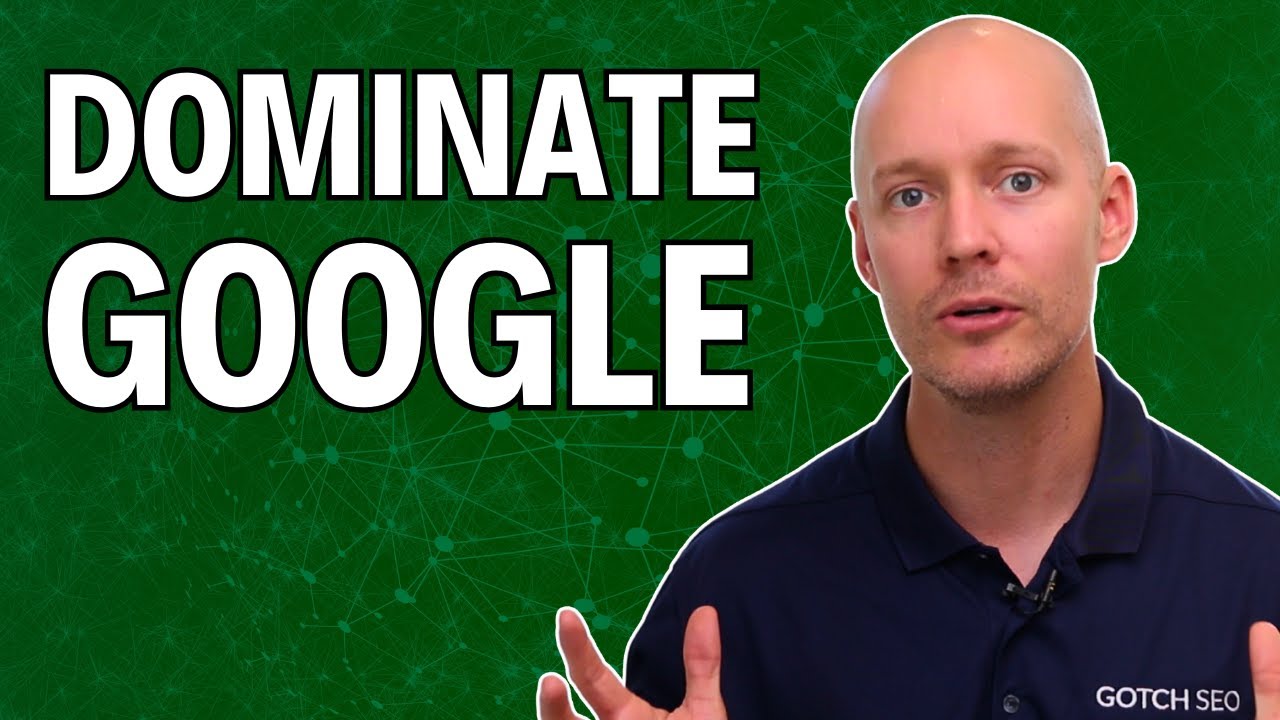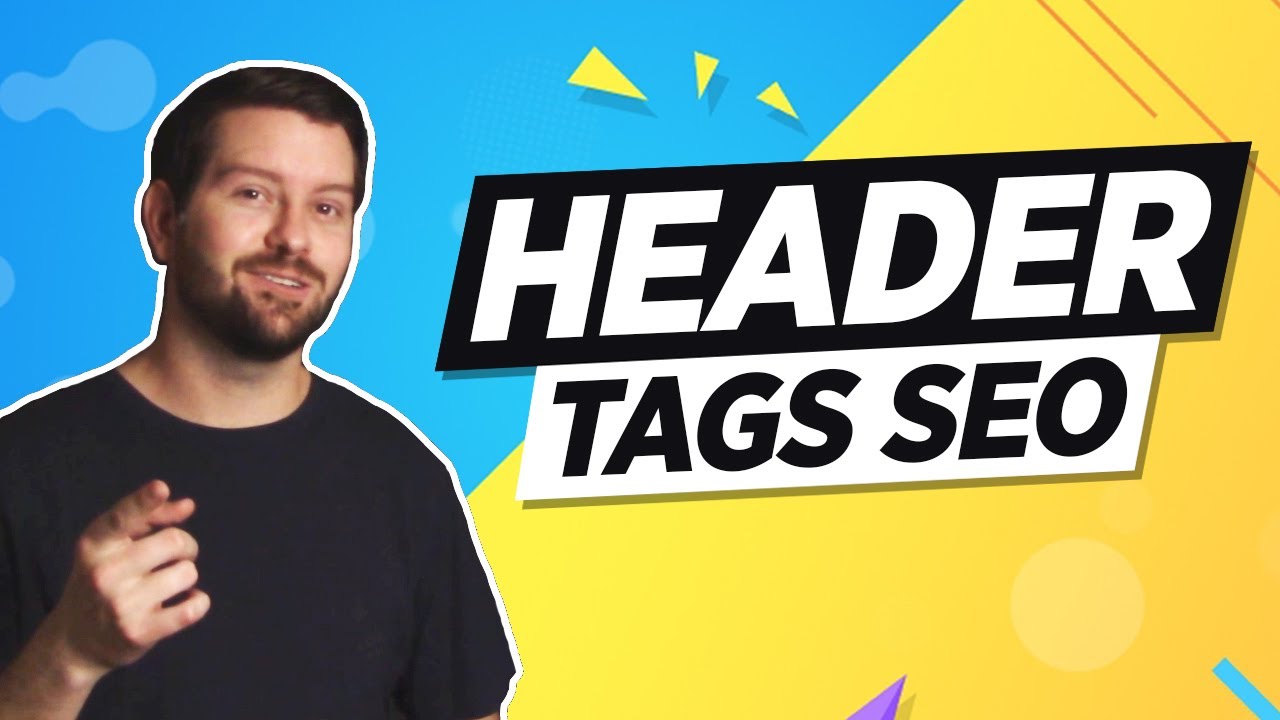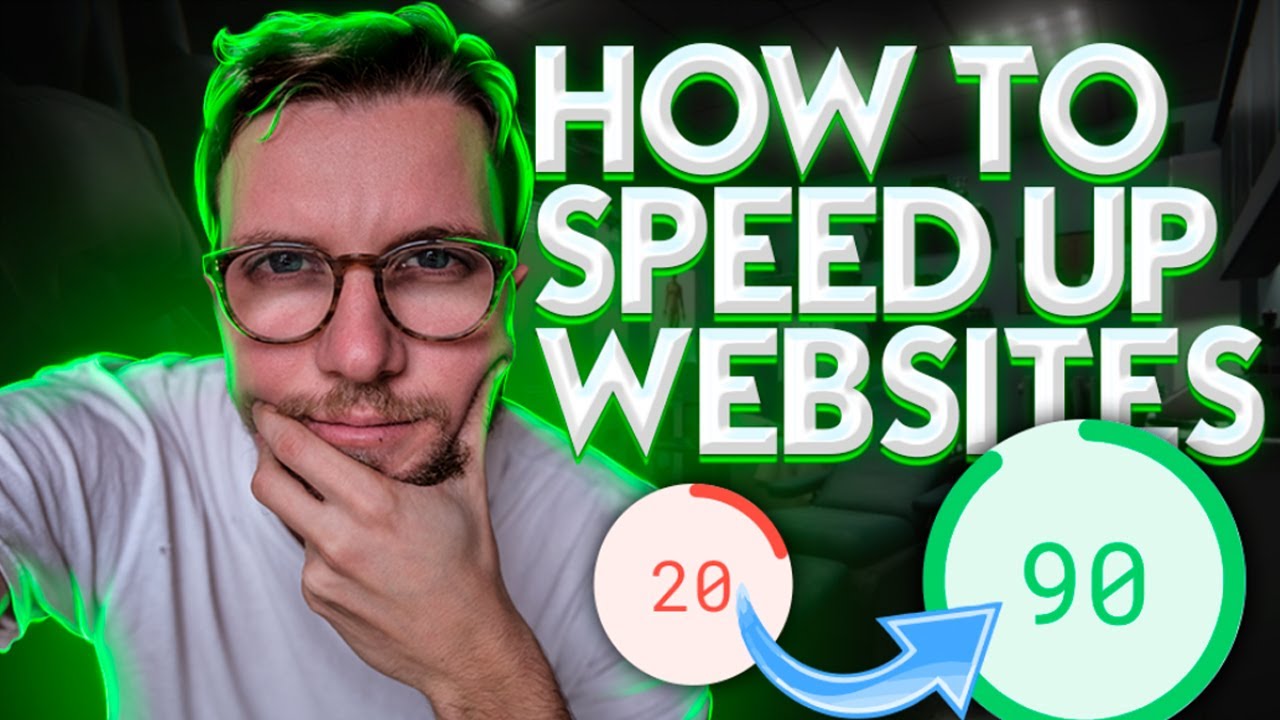In the ever-competitive world of online business, achieving a prominent position in search engineresults is crucial. Search Engine Optimization(SEO) plays a vital role in improving your website's visibility and attracting organic traffic.
While long-term SEOstrategies require consistent effort and time, there are several quick SEO winsthat can give your website an immediate boost. In this article, we will explore some effective techniques that can help you achieve quick SEOwins and enhance your website's visibility today.
What Does SEO Mean?

what does seo means || what is seo how does it work
SEO stands for Search Engine Optimization. It refers to the practice of optimizing a website to improve its visibility and ranking in search engine results pages (SERPs). The main objective of SEO is to attract organic (non-paid) traffic from search engines like Google, Bing, or Yahoo.
SEO involves various techniques and strategies, including keyword research, on-page optimization, technical optimization, content creation, link building, and more. By implementing SEO best practices, website owners aim to make their site more relevant, user-friendly, and authoritative in the eyes of search engines, ultimately leading to higher visibility and increased organic traffic.
Which Factors Drive The Best SEO Results?

Top 9 Google Rankings Factors (for SEO)
Several factors contribute to driving the best SEO results. While search engine algorithms are complex and consider numerous variables, the following factors have a significant impact on SEO success:
- High-Quality and Relevant Content-Creating valuable, informative, and engaging content is crucial for SEO. Content that addresses user search intent, incorporates relevant keywords naturally, and provides comprehensive information tends to perform well in search engine rankings.
- Keyword Optimization -Conducting thorough keyword research and strategically incorporating keywords in your content, meta tags, headings, and URLs can help search engines understand the relevance of your content to user queries.
- Website Structure and User Experience-A well-structured website with intuitive navigation, clear hierarchy, and fast loading speed enhances user experience. Optimizing your website's technical aspects, such as mobile responsiveness, site speed, and crawl ability, improves your chances of ranking higher in search results.
- Backlinksand Link Building -Building high-quality backlinks from authoritative and relevant websites helps establish your website's credibility and authority. Search engines consider backlinks as a vote of confidence, and websites with a strong backlink profile tend to rank higher.
- User Engagement Metrics -User engagement metrics, such as click-through rates (CTRs), bounce rates, and average time spent on a page, are indicators of how well your content satisfies user needs. High engagement signals to search engines that your content is valuable, leading to improved rankings.
- Social Signals - Social mediapresence, brand mentions, and social sharing of your content contribute to SEO success. Social signals indicate popularity, credibility, and authority, which search engines take into account when determining rankings.
- Local SEO Factors -For businesses targeting local customers, optimizing for local SEO is essential. This includes creating and optimizing Google My Businesslistings, acquiring local citations, and generating positive reviews.
- Website Security and Mobile-Friendliness -Ensuring your website is secure (HTTPS) and mobile-friendly is increasingly important. Search engines prioritize secure and mobile-optimized websites, considering them as positive user experiences.
- Regular Monitoring and Adaptation -SEO is an ongoing process. Monitoring your website's performance, analyzing data, and adapting your strategies accordingly is crucial to stay ahead of the competition and maintaining optimal SEO results.
6 Quick SEO Wins

Top 10 SEO Quick Wins for a BOOST in traffic (2022)
Optimize Your Page Titles And Meta Descriptions
Optimizing page titles and meta descriptionsis one of the quickest and most impactful SEO wins you can achieve. These elements not only play a crucial role in search engine rankings but also greatly influence user click-through rates. Here are some essential tips to optimize your page titles and meta descriptionsfor better SEO results:
- Include Relevant Keywords - Conduct keyword research to identify relevant keywords and incorporate them naturally into your page titles and meta descriptions. This helps search engines understand the topic and relevance of your content.
- Make Titles and Descriptions Unique -Ensure that each page on your website has a unique and descriptive title. Avoid duplicating titles, as it can confuse search engines and users. Craft unique meta descriptions for each page as well, highlighting the unique aspects of the content.
- Keep Them Concise -Page titles should ideally be around 50-60 characters, while meta descriptions should be between 150-160 characters. This ensures that your titles and descriptions appear properly in search engine results without getting truncated.
- Write Compelling Copy -Craft compelling and engaging copy for your page titles and meta descriptions. Make them concise, attention-grabbing, and relevant to the content on the page. Think of them as a mini advertisement that entices users to click through to your website.
- Focus on User Intent-Understand the user intent behind their search queriesand align your page titles and meta descriptions accordingly. Address the specific needs, questions, or pain points that users may have, and communicate how your content provides solutions or valuable information.
- Highlight Unique Selling Points -Use your meta descriptions to highlight the unique selling points or key benefits of your content. Show users what makes your page stand out from the competition and why they should choose to visit your website.
- Avoid Keyword Stuffing -While it's important to include relevant keywords, avoid keyword stuffing, which means overloading your titles and descriptions with excessive keywords. It not only appears unnatural but can also harm your SEO efforts. Focus on creating a meaningful and coherent copy.
- Regularly Review and Update -As your content evolves or your website undergoes changes, make it a habit to review and update your page titles and meta descriptions. Ensure they accurately reflect the content and remain relevant to your target audience.
Use Heading Tags Effectively

Header Tags SEO - How To Use H1, H2 & H3 Tags Properly
Using heading tags effectively is another quick SEO win that can improve the visibility and organization of your website's content. Heading tags (such as H1, H2, H3, and so on) help structure your content and provide valuable signals to search engines. Here are some key tips for using heading tags effectively:
- Hierarchy and Structure -Use heading tags to establish a clear hierarchy and structure within your content. The H1 tag should be reserved for the main title of the page, representing the overall topic or focus. Subheadings can then be designated using H2, H3, and so on, based on their level of importance and relevance.
- Keyword Placement -Incorporate relevant keywords naturally within your heading tags. This helps search engines understand the topic and context of your content, improving its visibility in search results for related queries. However, ensure that the keywords flow naturally and do not compromise the readability or user experience.
- One H1 Tag per Page -Ensure that each page has only one H1 tag, which represents the main title or heading. Having multiple H1 tags can confuse search engines and make it harder for them to determine the primary focus of the page.
- Use Subheadings for Organization -Utilize H2, H3, and other heading tags for subheadings within your content. This helps break down your content into easily scannable sections, improving readability and user experience. It also assists search engines in understanding the structure and hierarchy of your information.
- Avoid Styling Tags as Headings -Avoid using CSS styling tags (such as <strong>or <b>) solely for visual emphasis, as search engines may interpret them as headings. Reserve heading tags specifically for structuring your content and providing hierarchical information.
Optimize Image Alt Text
Optimizing image alt text is a quick and effective SEO win that often gets overlooked. Alt text, also known as alternative text or alt tags, provides a textual description of an image on your website. Here are some important tips for optimizing image alt text:
- Descriptive and Accurate -Write alt text that accurately describes the content and purpose of the image. Be specific and provide enough information for someone who cannot see the image to understand what it represents.
- Relevant Keywords -Incorporate relevant keywords naturally within the alt text, but avoid keyword stuffing. Choose keywords that are descriptive and appropriate for the image and the context of the surrounding content.
- Keep it Concise - Alt text should be concise and to the point. Aim for around 125 characters or less, as longer alt text may be cut off in some situations.
- Avoid Keyword Stuffing- While it's important to include relevant keywords, do not overdo it. Stuffing alt text with excessive keywords can be seen as spammy and may harm your SEO efforts. Focus on providing a meaningful and descriptive description instead.
- Avoid Repetition and Redundancy -If multiple images on the page have similar content or serve the same purpose, avoid using identical alt text for all of them. Each alt text should be unique and specific to the individual image.
- Decorative Images -For purely decorative images that do not convey any information, you can use empty alt attributes (alt="") or mark them as decorative (alt="Decorative image"). This indicates to screen readers that the image is not relevant to the content.
Improve Page Loading Speed

10 Ways to Make Websites FASTER
Improving page loading speed is a quick and impactful SEO win that can significantly enhance user experience and search engine rankings. A fast-loading website improves user satisfaction, reduces bounce rates, and signals search engines that your site provides a positive user experience. Here are some key tips to improve your page loading speed:
- Optimize Image Size and Format -Compress and resize images to reduce their file size without compromising quality. Choose the appropriate image format (JPEG, PNG, or GIF) based on the content and level of detail required.
- Enable Browser Caching -Leverage browser caching by setting an expiration date for static resources (CSS, JavaScript, images) on your website. This allows returning visitors to load your site faster by storing certain files locally.
- Minify CSS and JavaScript -Remove unnecessary characters, spaces, and line breaks from your CSS and JavaScript files. Minification reduces file size, enabling faster loading times.
- Leverage Content Delivery Networks (CDNs) -Use CDNs to distribute your website's static content across multiple servers worldwide. CDNs store cached versions of your website closer to the user, reducing latency and improving loading speeds.
- Reduce Redirects -Minimize the number of redirects on your website. Redirects create additional HTTP requests and can slow down page loading times. Aim to keep redirects to a minimum and update any outdated or unnecessary redirects.
- Optimize CSS and JavaScript Loading -Place CSS stylesheets at the top of your HTML document and JavaScript files at the bottom. This allows the page to render progressively, preventing delays in displaying content to users.
Optimize For Mobile Devices
Optimizing your website for mobile devices is a quick and essential SEO win in today's mobile-centric world. With a significant portion of internet traffic coming from mobile devices, it's crucial to provide a seamless and user-friendly experience for mobile users. Here are some key tips for optimizing your website for mobile devices:
- Responsive Web Design -Implement a responsive web design that automatically adjusts your website's layout and content to fit different screen sizes. This ensures that your website looks and functions well on various devices, including smartphones and tablets.
- Mobile-Friendly Design -Design your website with mobile users in mind. Use larger font sizes, clear navigation menus, and ample spacing between elements to enhance readability and ease of use on smaller screens.
- Fast Page Loading Speed -Mobile users expect fast-loading pages, so optimize your website's performance for quick loading on mobile devices. Compress images, minify code, enable caching, and reduce unnecessary scripts to improve page speed.
- Optimize Forms and Input Fields -Ensure that forms and input fields on your website are mobile-friendly. Use dropdown menus, checkboxes, and radio buttons that are easy to select on small screens. Simplify the form-filling process as much as possible to improve user experience.
- Readable Content -Optimize your content for mobile reading. Use shorter paragraphs, bullet points, and subheadings to break up text and make it easier to skim. Ensure that the font size is legible on mobile screens without requiring users to zoom in.
- Test on Multiple Devices -Regularly test your website on different mobile devices and screen sizes to ensure it looks and functions correctly. Use tools like Google's Mobile-Friendly Test to identify any issues and make necessary improvements.
Leverage Social Media

One Simple Hack To Leverage Social Media When You Have no Money or Followers
Leveraging social media is a quick and effective SEO win that can boost your website's visibility, drive traffic, and improve search engine rankings. Social media platforms provide an excellent opportunity to engage with your target audience, promote your content, and enhance your online presence. Here are some key tips for leveraging social media for SEO:
- Share and Promote Your Content -Regularly share your website's content, including blog posts, articles, videos, and infographics, on social media platforms. Craft compelling captions and use relevant hashtags to increase visibility and encourage engagement. This can help attract more traffic to your website and improve its overall authority.
- Build a Strong Social Media Following -Grow your social media following by actively engaging with your audience, sharing valuable content, and participating in relevant discussions. A larger and more engaged social media following can increase the reach and impact of your content, leading to more website visits and potential backlinks.
- Encourage Social Sharing -Make it easy for visitors to share your content on social media platforms by including social sharing buttons on your website. This can help amplify the reach of your content and generate social signals that search engines consider in their ranking algorithms.
- Engage with Your Audience -Respond to comments, messages, and mentions on social media promptly and in a friendly manner. Engaging with your audience builds trust, strengthens relationships, and encourages brand advocacy. Positive interactions and social proof can indirectly impact your website's visibility and reputation.
- Utilize Social Bookmarking Sites -Submit your best content to social bookmarking sites like Reddit, Digg, and StumbleUpon. These platforms can help drive traffic, increase visibility, and generate backlinks to your website.
Can I See Quick Results With These SEO Techniques?
While implementing the mentioned SEO techniques can contribute to improving your website's visibility and overall SEO performance, it's important to note that SEO is a long-term strategy. Quick results may not be immediate, and it typically takes time to see significant changes in search engine rankings and organic traffic.
The speed at which you see results can depend on various factors, including the competitiveness of your industry, the current state of your website's SEO, the quality of your content, and the effectiveness of your implementation of SEO techniques. It's important to approach SEO with a long-term mindset and focus on consistent efforts to improve your website's visibility and rankings over time.
That being said, some SEO techniques, such as optimizing page titles, meta descriptions, and headings, can have a relatively quicker impact on search engine visibility and click-through rates. These on-page optimizations can make your website more appealing and relevant in search results, potentially leading to increased organic traffic.
Social media promotion and engagement can also generate relatively quicker results in terms of driving traffic and increasing brand visibility. Sharing and promoting your content on social media platforms can help generate immediate visibility and attract visitors to your website.
People Also Ask
How Can I Quickly Improve My Website's SEO?
You can quickly improve your website's SEO by optimizing your page titles and meta descriptions, using heading tags properly, optimizing image alt text, improving page loading speed, and building internal and external links.
Are There Any Fast SEO Techniques To Boost Website Visibility?
Answer: Yes, there are several fast SEO techniques to boost website visibility, such as optimizing page titles and meta descriptions, using heading tags effectively, optimizing image alt text, improving page loading speed, and building internal and external links.
What Are Some Immediate SEO Tactics For Better Search Engine Rankings?
Immediate SEO tactics for better search engine rankings include optimizing page titles and meta descriptions, using proper heading tags, optimizing image alt text, improving website loading speed, and building relevant internal and external links.
Conclusion
Implementing quick SEO wins can provide an instant boost to your website's visibility and organic traffic. Remember that while these quick wins can deliver immediate results, a comprehensive and long-term SEO strategyis necessary for sustained success. So, start implementing these techniques today and watch your website soar to new heights in search engine rankings.